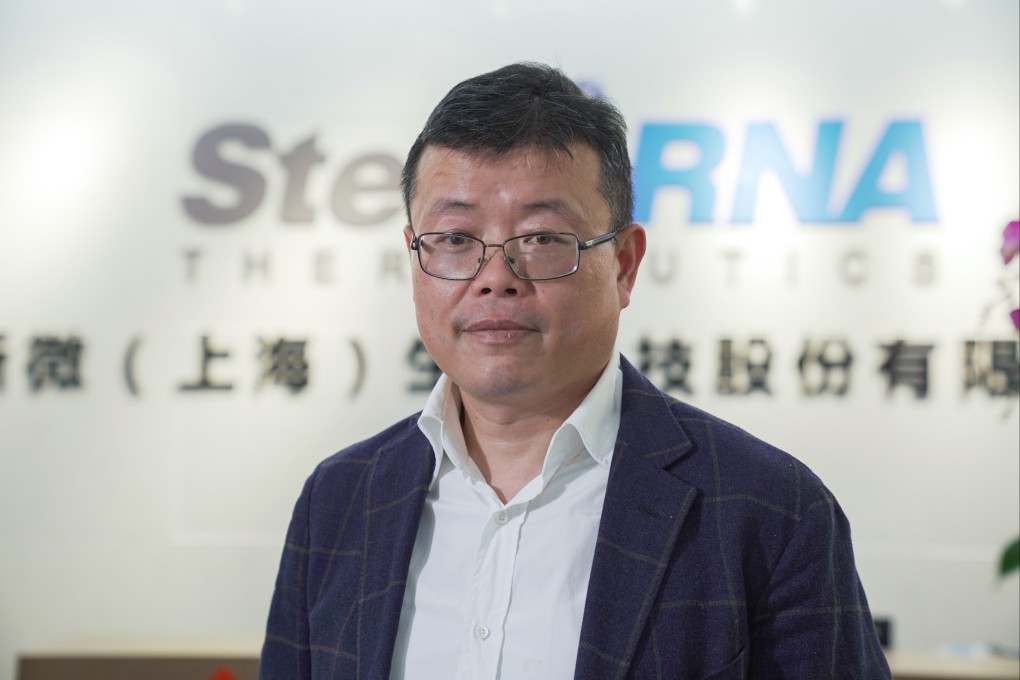Advertisement
Exclusive | Coronavirus: Stemirna gets ready for China’s own mRNA Covid-19 vaccine as global multi-site human trials kick off
- Biotech start-up raised US$200 million from investors in June last year to fund global multi-site human trials and production plants
- Production lines in Shanghai capable of producing 400 million doses annually in anticipation of commercialisation
Reading Time:3 minutes
Why you can trust SCMP

Stemirna Therapeutics is preparing to launch a global multi-site human trials of its Covid-19 vaccine soon as the firm pushes for the second Chinese-made shot based on mRNA technology to protect against the coronavirus.
Li Hangwen, co-founder and chief executive of the Shanghai-based start-up, said the firm is capable of producing 400 million doses a year from its facilities in mainland China, broadening the options for China’s vaccination campaign once it receives an approval from local regulators.
The company has received approvals to start clinical trials in Brazil, where a final-stage in Phase 3 testing is also allowed to be carried out. The trials, involving thousands of volunteers to study its efficacy and safety, would begin soon, he added, declining to be specific.
Advertisement
“We will publish data for the Phase 1 trial (conducted in Laos) soon,” Li said in an interview with the South China Morning Post. “Our Phase 2 trial is going on smoothly there. We have high confidence in our vaccine’s efficacy and safety based on the data.”
Advertisement
Global biotechnology players are racing to boost vaccine supply as governments seek to reopen their battered economies, even as the pandemic took a turn for the worse in recent weeks amid the spread of highly-infectious strains. The market for Covid-19 vaccines was worth US$137 billion in 2021, according to one estimate.
Advertisement
Select Voice
Select Speed
1.00x